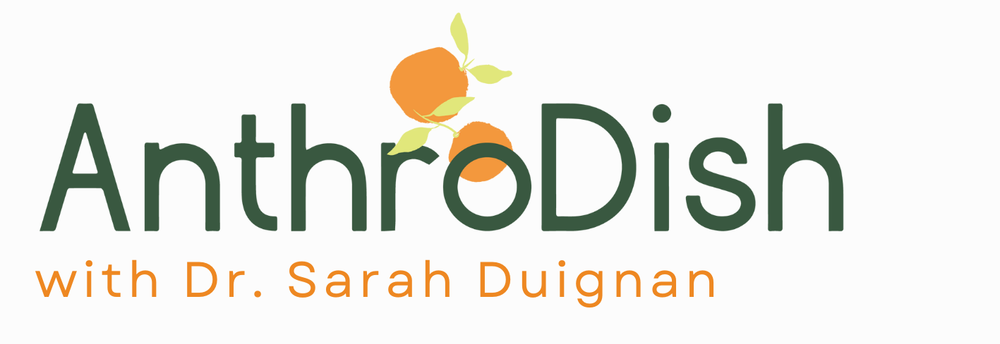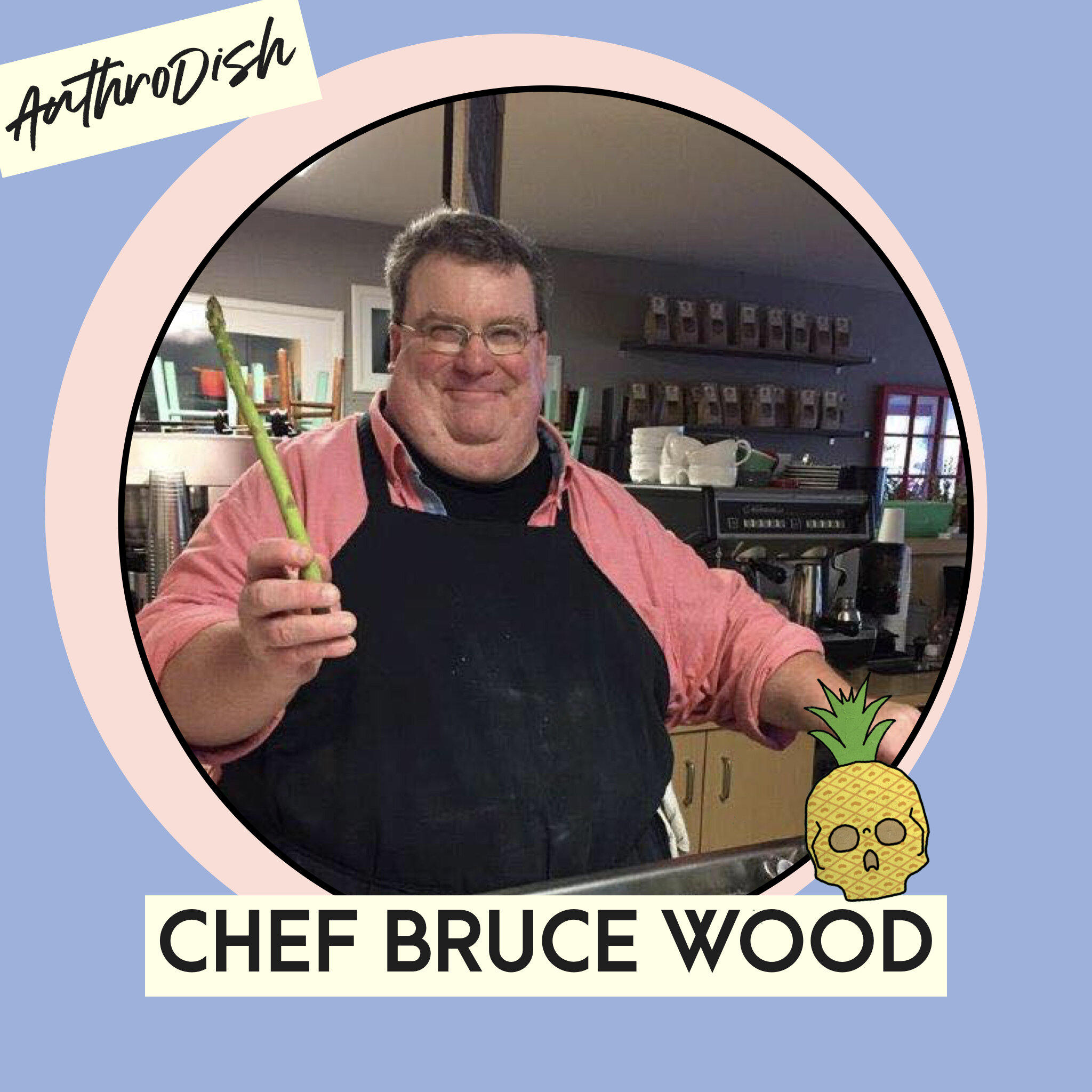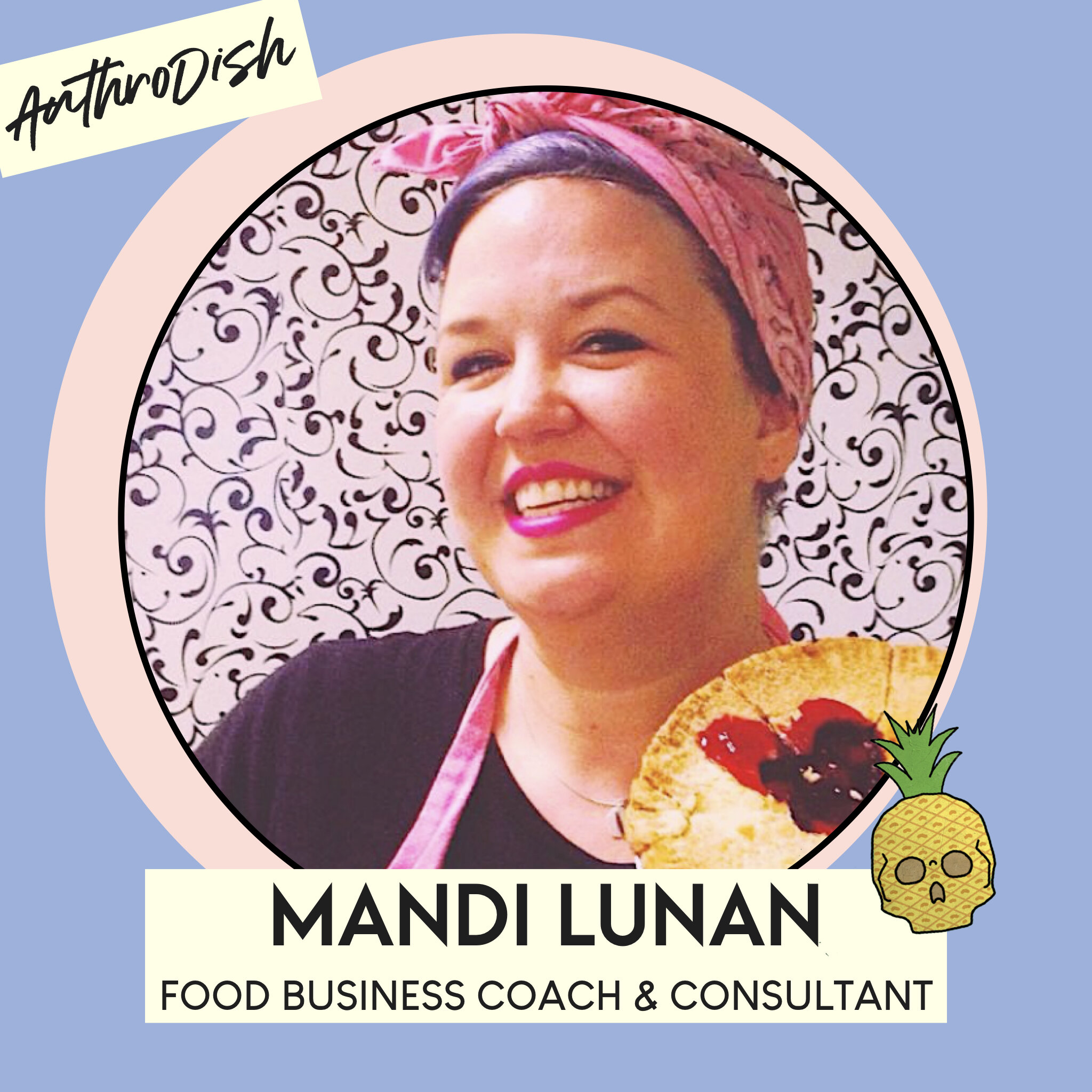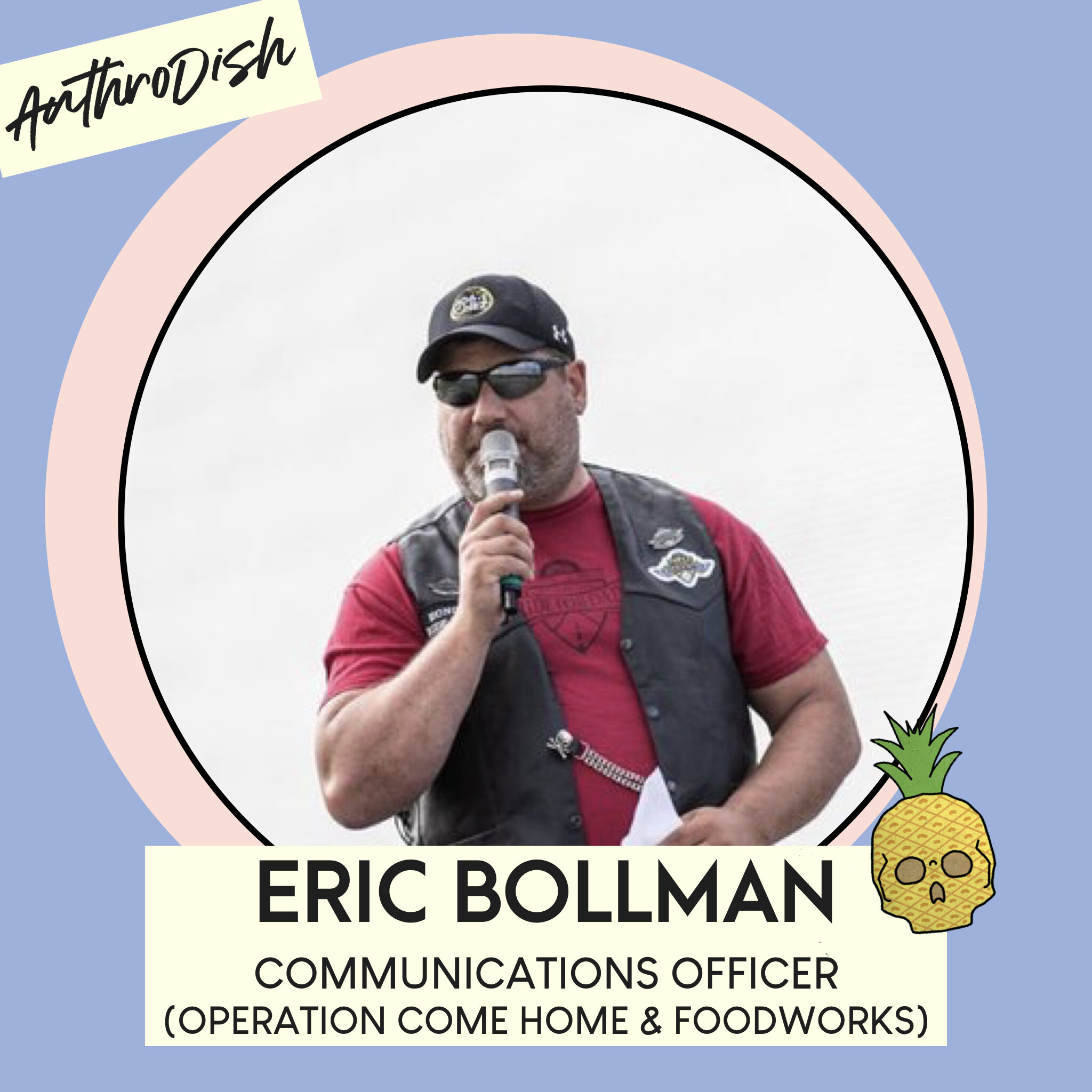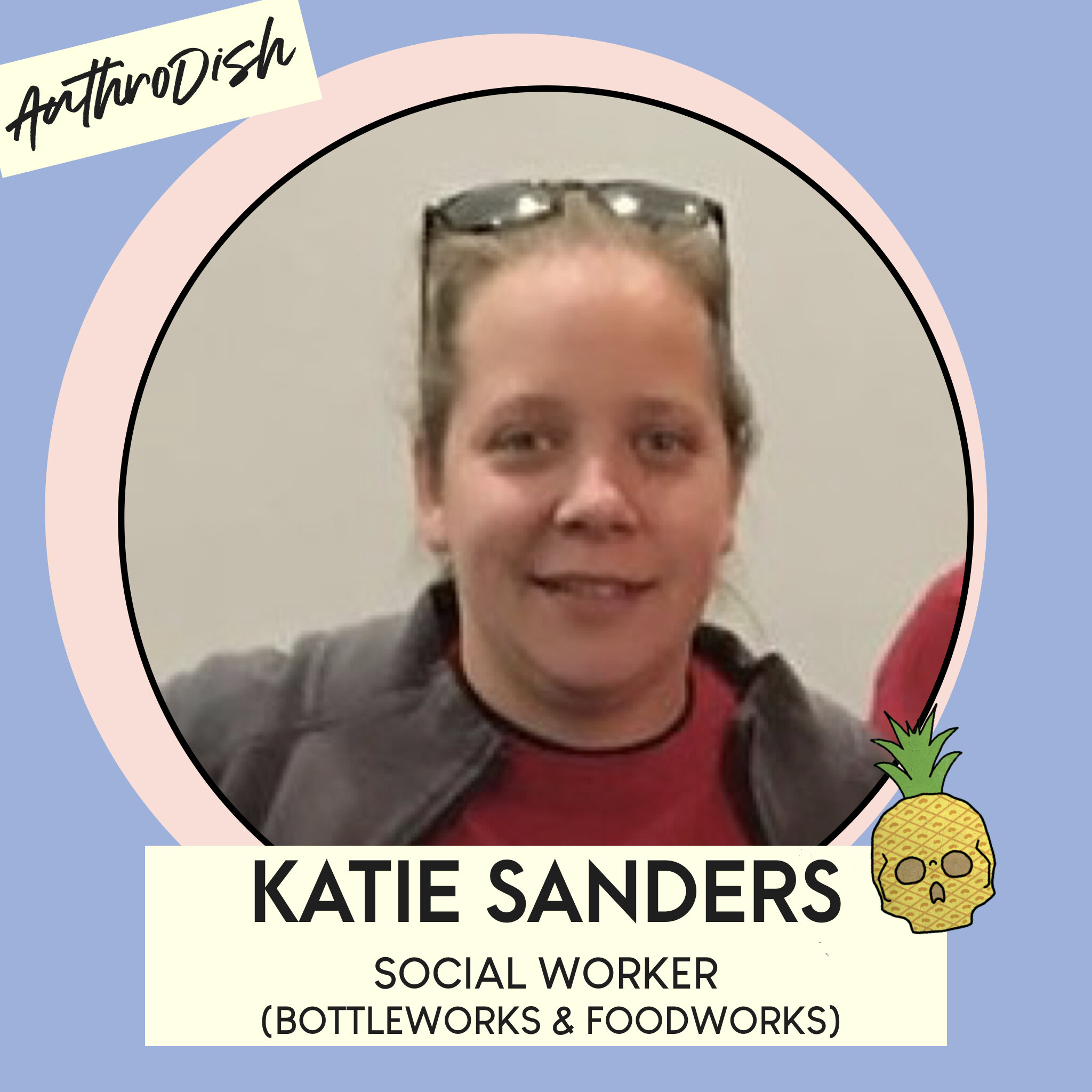With the holiday season in full swing, I always like to come back to conversations about body image and disordered eating… because holidays are really intense for a lot of people, myself included, and we are often face to face with anxieties about ourselves, our families, and sometimes with our relationship to food.
My guest this week is Jennifer Rollin, an eating disorder therapist and the founder of The Eating Disorder Center. The centre is a therapy practice that provides support to people in Rockville, Maryland and worldwide via video chats. She also writes and speaks about eating disorders on Fox, NBC, ABC, and PBS, as well as writing for The Huffington Post and Psychology Today.
What I love about Jennifer is that she’s very no-nonsense and to the point about diet culture – she calls it like she sees it, and her online presence serves as a strong reminder to take a step back from the wellness and health industry messages we’re bombarded with on a daily basis and reset our minds in terms of what those messages are actually getting at. We chat today about debunking this idea of healthy eating, or of wellness culture fads in terms of diet and exercise, and she provides some really useful tips and boundaries you can use to confront these challenges in your day to day lives. She also has a forthcoming book deal that she shares a bit about – so tune in to find out more!
Learn more about Jennifer!
Website: The Eating Disorder Center
Instagram: @jennifer_rollin or @theeatingdisordercenter
